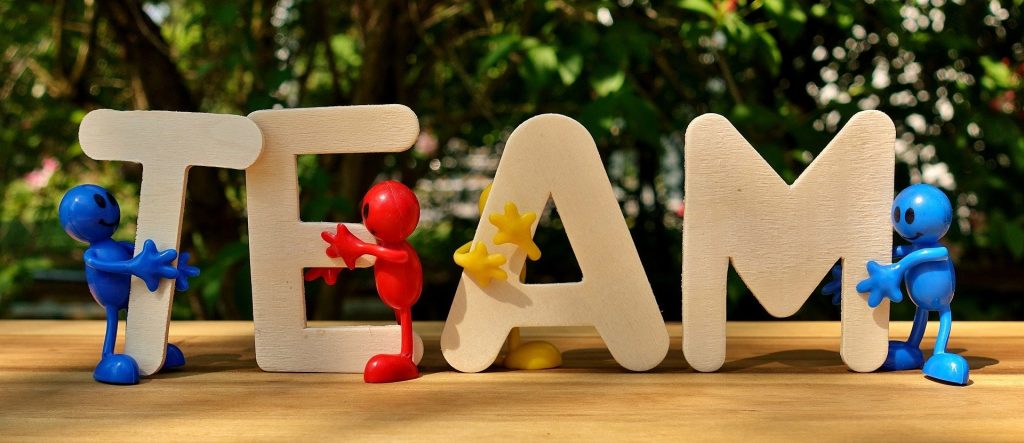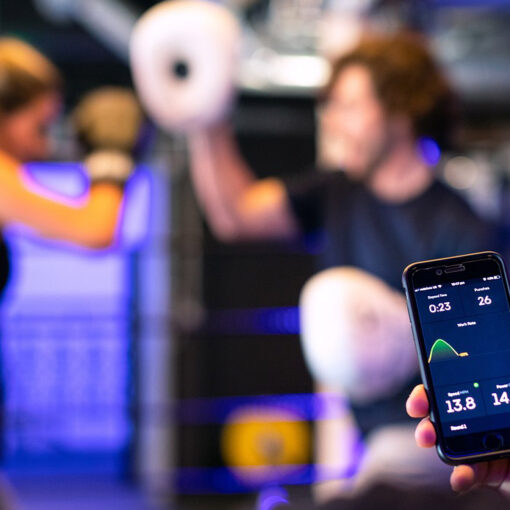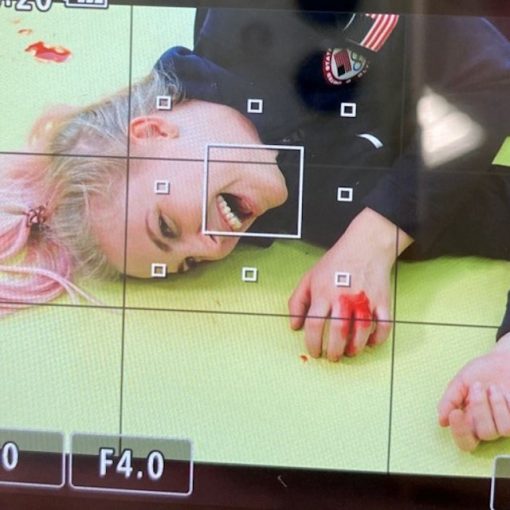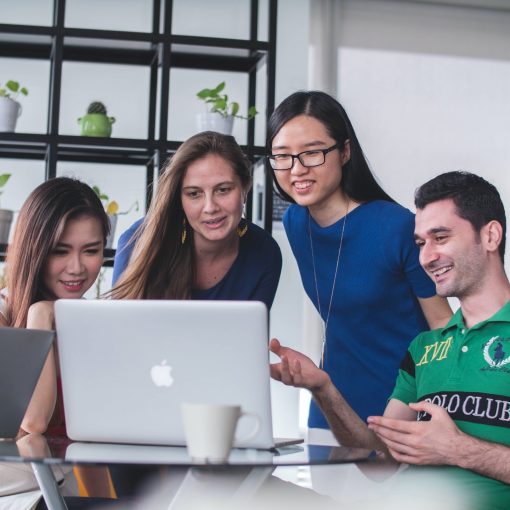Challenge based learning is a pedagogical approach which supports the higher education and working life cooperation where students and teachers and working life professionals are developing innovative solutions for customers’ needs. Challenge based learning is a pedagogical approach where the complicated real-life problems are given for multidisciplinary groups of students to be solved (Malmqvist et al. 2015).
This approach was used during the two-weeks international intensive online programme in March 2021. Intensive programme was part of the NICCoLLa project which focuses on curriculum development in the field of technology and ICT for healthcare and wellbeing. The primary aim is to develop competencies useful for a future where technology and ICT-solutions play an increasingly important role in delivering client and patient-centered, efficient and accessible care and counseling. LAB University of Applied Sciences was the main organizer of the intensive online programme, the other partners were from Universitat Politecnica De Valencia, UPV (Spain), Avans University of Applied Sciences (Netherlands), and Instituto Pedro Nunes (Portugal).

Students participating in the programme were 27 ICT students from UPV, 4 social work students from Avans, 7 nursing and 10 engineering students from LAB University of Applied Sciences. Students were divided into six multidisciplinary teams and each of them chose a challenging real-life case to be solved in two weeks’ time. The cases required competences relating to wellbeing technology as the teams were innovating new technological solutions for the social and healthcare clients’ and professionals’ use. Teams also needed good teamwork skills.
Students shared roles and responsibilities in a team so that each of them needed to chair the team and be responsible for example of documentation. The teams applied the service design process in their working. First finding out information, then analysing the information and getting more focused on what they are going to develop. Next step was real development cycle of service design, and finally students delivered the results. The time for the whole process required very intensive team working of the students, they were motivated and produced customer-oriented technological solutions which could be developed further as well. Teams got help from the coaching teachers when needed. End of each day the teams presented their progress commonly and got feedback from the teacher team. Students’ feedback was positive, and multidisciplinary and transnational teamwork was considered beneficial.
Challenge based learning approach raises the ambition level of the student team working as they need to combine technological, social and healthcare knowledge in order to solve a real-life challenge (Malmqvist et al. 2015). Not just the students needed to share their expertise but also the teachers shared their multidisciplinary expertise in counseling the students in solving the challenge.
Authors
Hannele Tiittanen, Principal lecturer at LAB University of Applied Sciences. She is interested in future learning possibilities and wellbeing technology.
Annamaija Id-Korhonen, Senior lecturer at LAB University of Applied Sciences. She is interested in health promotion and possibilities of digital learning and health services.
Both authors are experts in Niccolla-project. The main focus of the project is development of curricula, course content and training in the field of technology and ICT for healthcare and wellbeing.
References
Malmqvist J., Rådberg K.K., Lundqvist U. 2015. Comparative analysis of challenge-based learning experiences. Proceedings of the 11th International CDIO Conference, Chengdu University of Information Technology, Chengdu, Sichuan, P.R. China, June 8-11, 2015. [Cited on 30.3.2021.] Available at: http://rick.sellens.ca/CDIO2015/final/14/14_Paper.pdf
Links
NICCoLLa. Network for Innovative Care Competence Learning through Labs: http://niccolla.eu/
Image
Image 1. Alexas_Fotos 2018. Alexas_Fotos. 2018. Tiimi-keskinäisen-yhdessä-strategia-3393037. Pixabay. [Cited on 7.4.2021]. Available at https://pixabay.com/fi/photos/tiimi-keskin%C3%A4isen-yhdess%C3%A4-strategia-3393037/




